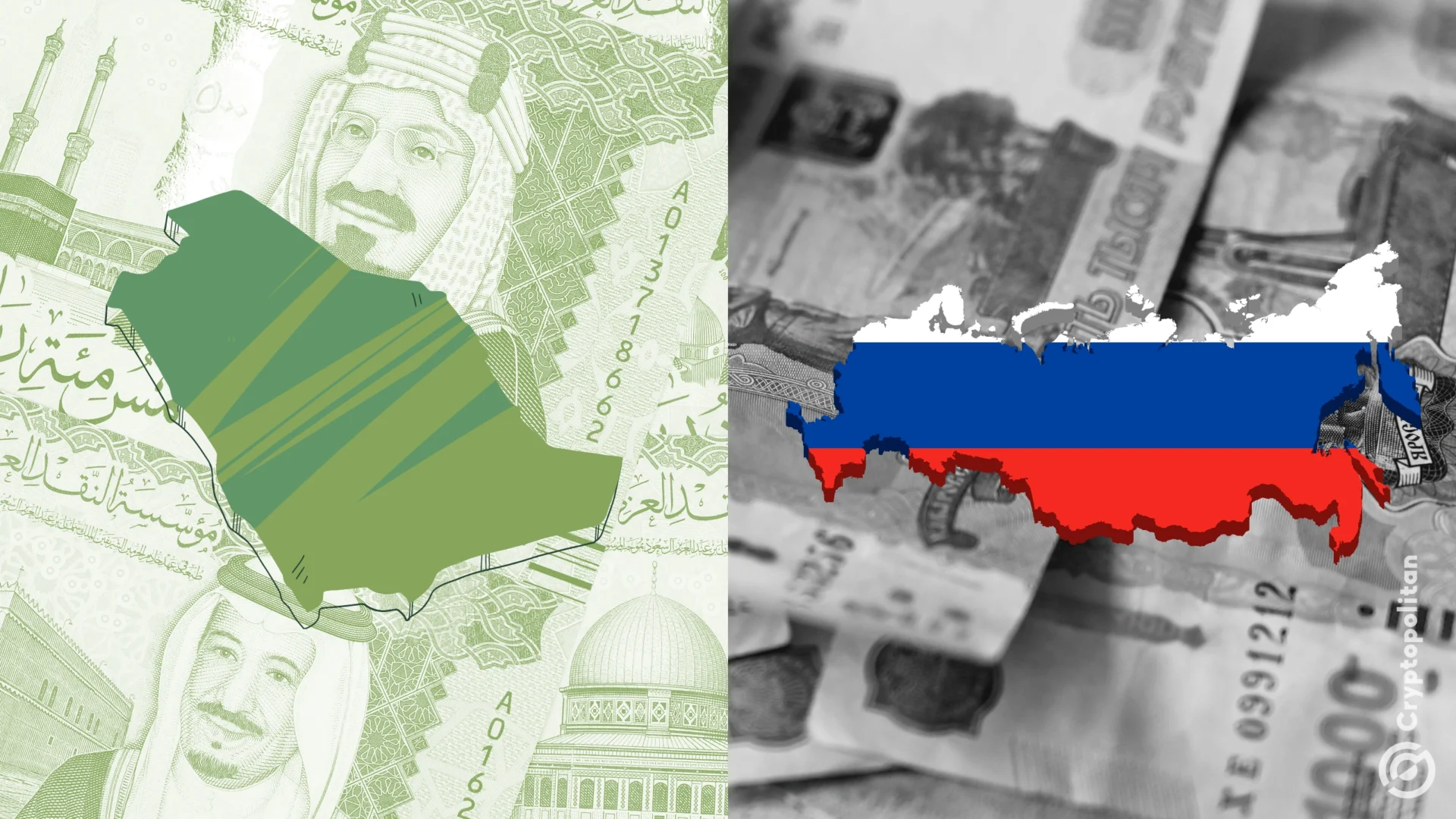
The Saudi Arabian government is reportedly on the verge of flooding the global market with oil supply if OPEC does not commit to reducing oil flow. The imminent oil supply influx could send oil prices dipping to as low as $50 per barrel. The move could create a crisis for OPEC members, including Russia.
The Kingdom of Saudi Arabia is the largest oil exporter and de facto OPEC leader. The kingdom has been trying to maintain oil prices above $100 per barrel by urging OPEC member states to cut production. However, the strategy doesn’t seem to work since Brent prices are hovering around $75 per barrel at the time of this publication and have been trading below $100 since July 2022.
Saudi Arabia hints at increasing global oil supply
The kingdom reportedly gave hints of flooding the global market with oil supply from December, which could potentially dip oil prices to as low as $50 a barrel. According to sources, the low prices would affect OPEC members, who have not aligned with Saudi Arabia’s request to cut down oil flows.
The collapse in global oil prices could pose a significant huddle to Russia’s economy. The kingdom plans to increase its monthly production by an additional 83,000 b/d. The supply increase will boost its output by 1 mn b/d by late 2025.
August’s data report from S&P Global Ratings revealed that Russia has been overproducing oil from Moscow at 122,000 barrels above its daily quota in July. Moscow may be responding to mounting pressure to profit from oil. Russia’s three-year war with Ukraine could have played a role in Russia’s overproduction since the war increased government spending.
Russia’s economy is heavily reliant on oil. The country’s Finance Minister Anton Siluanov said in an interview broadcast that Russia is attempting to reduce its dependence on its oil and gas reserves to about 23% by 2027. Gas and oil production made up to 40% of the nation’s budget revenue a few years ago.
Russia’s over-reliance on oil could spell doom for it’s economy
Russia’s over-dependence on oil explains why the European Union centered sanctions around Russia’s oil exports in a bid to curb the country’s oil profits. The EU sanctioned seaborne oil imports from Russia and capped its oil prices at $60 per barrel.
The cap was introduced to prevent a shock in oil prices by maintaining the global oil supply while simultaneously limiting Russia’s profit margins. Russia has successfully bypassed these sanctions by using shadow tankers, but Saudi Arabia’s impending oil influx could make it difficult for Russia to circumvent.
Simon Henderson, director of the Bernstein Program on Gulf and Energy Policy at The Washington Institute, stated that Saudi Arabia’s move in December could re-birth an oil price war between Russia and Saudi Arabia that occurred during the pandemic back in 2020. The two oil giants disagreed on production flows, leading to a dual oil dump to test which nation could navigate the declining global oil demand for longer.
According to the International Monetary Fund, Saudi Arabia needs oil prices to reclaim the $100 a barrel rate to balance its books. However, sources indicate the kingdom is unwilling to continue ceding market share to other producers and believes it can survive a period of low oil prices by tapping into secondary sources of government revenue.









